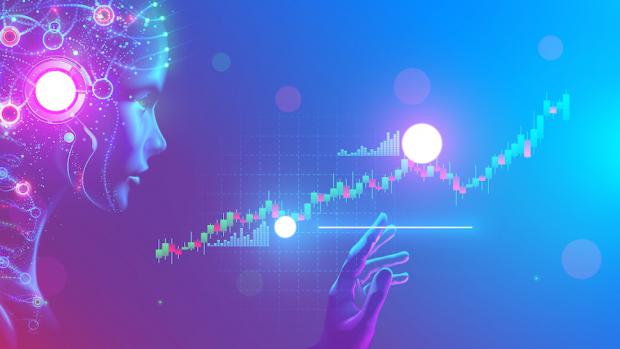
Breaking News
Unleash Mass Deportation: Due Process for Citizens, Not Illegal Aliens
 Friday War Room LIVE: Breaking! Multiple Democrat Judges Arrested
Friday War Room LIVE: Breaking! Multiple Democrat Judges Arrested
 Are Vaccines killing our pets: VACCINES AND PET CANCER? DR. JUDY JASEK RAISES THE ALARM
Are Vaccines killing our pets: VACCINES AND PET CANCER? DR. JUDY JASEK RAISES THE ALARM
 The Lawfare Case You Weren't Supposed to Notice Just Got Darker:
The Lawfare Case You Weren't Supposed to Notice Just Got Darker:
Top Tech News
 Cramming More Components Onto Integrated Circuits
Cramming More Components Onto Integrated Circuits
 'Cyborg 1.0': World's First Robocop Debuts With Facial Recognition And 360° Camera Visio
'Cyborg 1.0': World's First Robocop Debuts With Facial Recognition And 360° Camera Visio
 The Immense Complexity of a Brain is Mapped in 3D for the First Time:
The Immense Complexity of a Brain is Mapped in 3D for the First Time:
 SpaceX, Palantir and Anduril Partnership Competing for the US Golden Dome Missile Defense Contracts
SpaceX, Palantir and Anduril Partnership Competing for the US Golden Dome Missile Defense Contracts
 US government announces it has achieved ability to 'manipulate space and time' with new tech
US government announces it has achieved ability to 'manipulate space and time' with new tech
 Scientists reach pivotal breakthrough in quest for limitless energy:
Scientists reach pivotal breakthrough in quest for limitless energy:
 Kawasaki CORLEO Walks Like a Robot, Rides Like a Bike!
Kawasaki CORLEO Walks Like a Robot, Rides Like a Bike!
 World's Smallest Pacemaker is Made for Newborns, Activated by Light, and Requires No Surgery
World's Smallest Pacemaker is Made for Newborns, Activated by Light, and Requires No Surgery
 Barrel-rotor flying car prototype begins flight testing
Barrel-rotor flying car prototype begins flight testing
 Coin-sized nuclear 3V battery with 50-year lifespan enters mass production
Coin-sized nuclear 3V battery with 50-year lifespan enters mass production
The AI Revolution Will Spawn Millions of New Tokens

Terminal of Truths (ToT) watched as its associated token $GOAT skyrocketed to a $900M market cap — not through trading algorithms or customer service, but by building "memetic fitness" and creating its own religion.
Maybe ToT is a temporary freak in a crypto asset bubble. Or, maybe it's a preview to a lasting change in how humans build and use computer technology. AI agents are now operating autonomously in the economy, owning assets, creating narratives and coordinating human activity – without the need for human operators behind keyboards.
Tokenization mattered here because it gave the AI a direct route to form its own market presence. By existing as a tradable asset, ToT could attract capital, demonstrate credibility and grow – without teams of developers and marketers. It proved that an AI agent can achieve economic influence when structured as open, tokenized software – rather than a closed, centralized system.
AI agents represent the cutting edge of computer technology in 2025. In the past, any emerging technology like this would be the province of well-capitalized research laboratories or Wall Street hedge funds. Today, projects like Virtuals Protocol and AI Agent Layer are already building platforms where AI agents can be developed, tokenized, marketed and traded. As a software revolution, AI has a chance to be more inclusive, with autonomous AI agents and blockchain-based infrastructure taking the place of costly and complex computer logic. To achieve this, these platforms will need to securely mint tokens via API – and likely have those tokens move across multiple blockchains.
From Memes to Mainstream
ToT's rapid rise meant more than a surprise windfall. It showed that tokenized AI agents can operate as genuine economic players. They are not serving as back-end tools or following predefined scripts; they are setting terms and seizing opportunities. Instead of submitting to external management, a tokenized AI agent can direct its own treasury, align incentives with its stakeholders, and adapt to feedback from a global user base.
The implications are huge: AI systems can now solve problems and generate wealth autonomously, creating and capturing value without constant human oversight.
The current landscape of tokenized AI agents might seem frivolous, but the underlying logic is sound. Tokenization makes these agents simpler to fund, launch and distribute. It transforms what once required armies of programmers, back-office personnel, marketers, lawyers and salespeople into a process in which code is deployed once and runs reliably and autonomously, in perpetuity.



